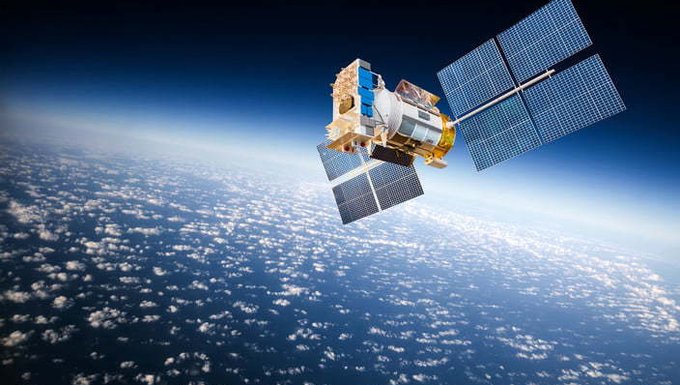
Scientists in the UK have created a mouse embryo that does not need eggs or sperm cells. Stem cells were used to create the embryos and they were able to develop a brain, heart, and other organs. The researchers believe that their work may one day help answer why many human pregnancies fail early on in development and could even inform future efforts to create lab-grown organs for transplantation.
Scientists have learned a lot from studying naturally developed embryos. There are a lot of aspects of early development that are hard to see in living creatures. In order to overcome some of the hurdles, researchers have learned how to develop already created embryos in the lab, as well as how to produce artificial but simplistic models of embryos or individual organs. One of the first attempts to create a functional mouse embryo from scratch was made by this research.
Scientists at the University of Cambridge have been working on the project for years. They combined the three main types of stem cells in just the right mix and environment to create their embryo. The cells began to form into the basic structures of an embryo, including a brain, and began to progress through the early stages of development. For up to eight and a half days, the embryo survived.
The team has created a synthetic mouse embryo. Scientists in Israel published a paper about their lab-made embryo. The UK authors noted that their work had been going through the review process for about a year, even before the Israel paper was submitted for publication, and they argued that their model is more complex than anyone else's to date.
The first model that allows you to study brain development in the context of a mouse embryo was discussed at the press conference.

Even before people are aware of the many reasons why pregnancies can fail early on, Zernicka-Goetz and her team should be able to figure them out. Estimates range from 20% to 50% of pregnancies may end in a miscarry, while many embryos created through in-vitro fertilization can also fail to implant to the uterus. Being able to study the earliest stages of growth up close could provide a lot of information on how we become the way we are.
The stage of development has meaning for the rest of our lives.
The more precise detection of fetal defects early in pregnancy is one of the health implications that could arise from this research. The past work shows that not all embryos with defects go on to develop health problems since the embryo can repair itself to an extent. What we learn here could teach us how to make fully functional synthetic organs.
There are many ethical questions that will arise from this and similar lines of research. The International Society for Stem Cell Research relaxed its guidelines for embryo creation in the lab last year. The guidelines don't apply to simple models of the human embryo, but the more complex versions that could be created by scientists like Zernicka-Goetz could. The team has been working on the further development of human synthetic embryology.
Synthetic mouse embryo that can survive past the earliest stages of development in the lab is the biggest challenge right now. The creation of artificial wombs or placenta-like structures is likely to be required in order for such advances to be made. A team from Israel demonstrated last year that it was possible to grow embryos in a beaker for up to six days, and the Cambridge team is working on their own approach.